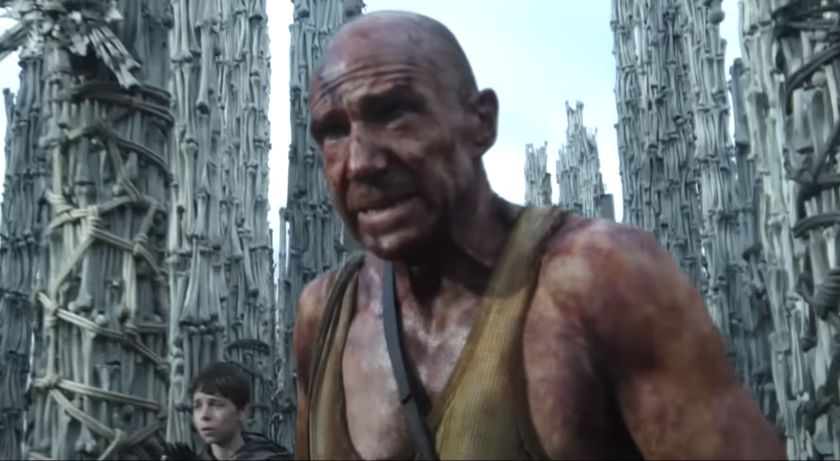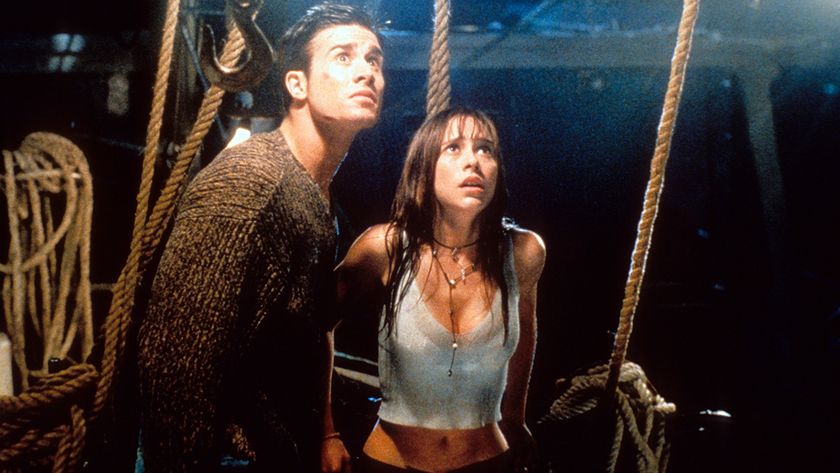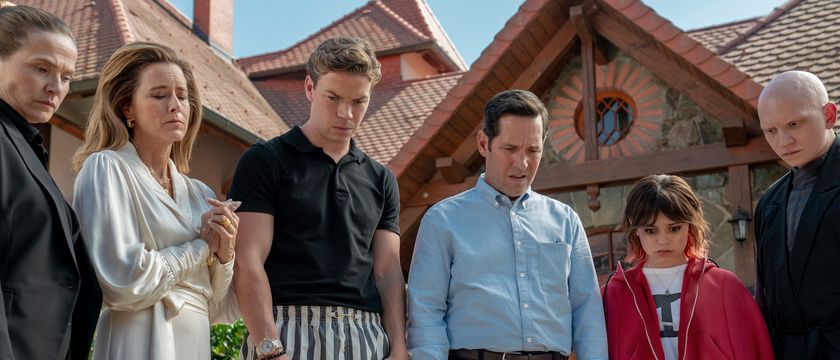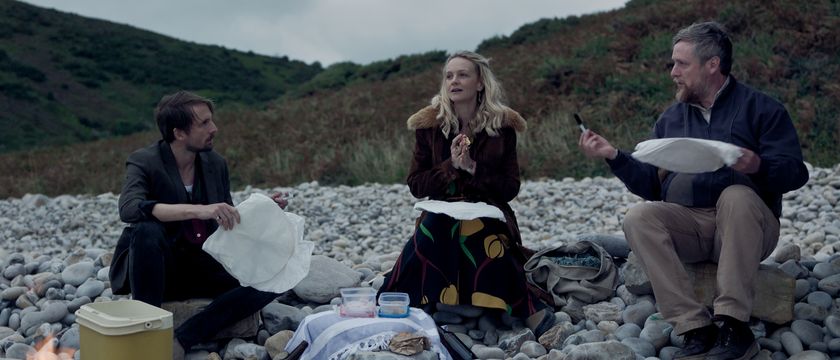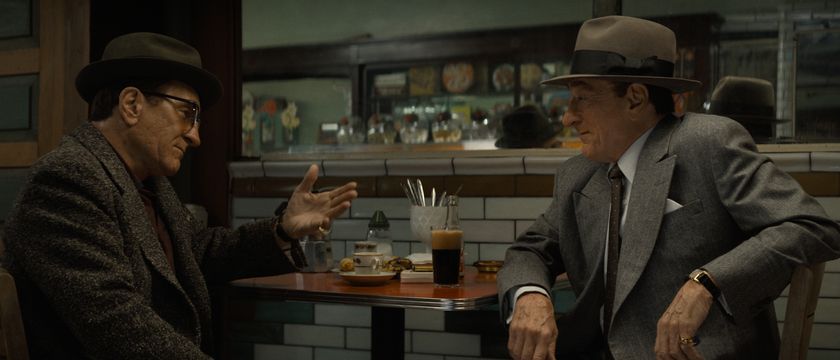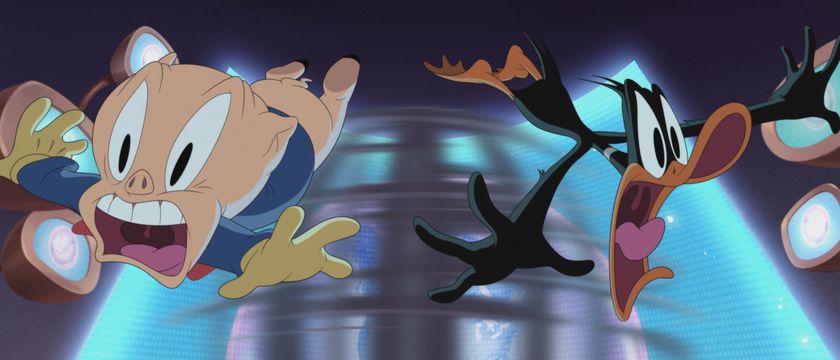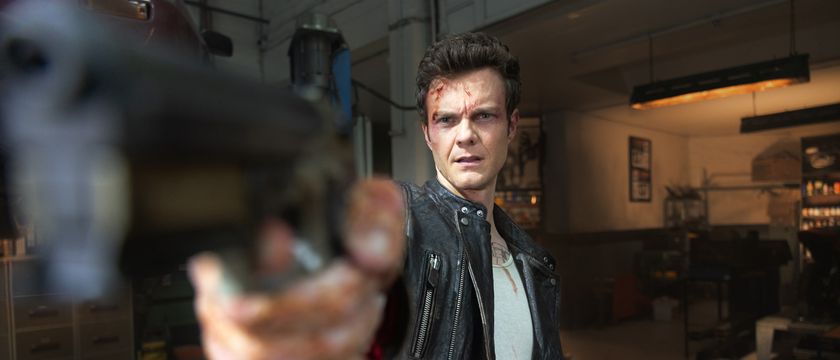Two years ago The King's Speech took an intimate and surprising look at an important historical figure, King George VI, and dug into his personal life to open a window onto a tumultuous time in history. King George VI, this time played by Samuel West instead of Colin Firth, appears again in Hyde Park On Hudson, which also attempts a light-hearted and personal revision of pre-World War II history. But even without a recent Oscar winner as an inevitable comparison, Hyde Park on Hudson flails terribly in its attempt to reveal new sides of our 32nd President, the King who came to visit him, and the quiet woman behind the scenes who witnessed it all.
The title refers to the childhood home of Franklin Delano Roosevelt, played here in a convincing imitation by Bill Murray, who in the summer of 1939 spent as much time as possible in Hyde Park, under the doting wing of his mother (Elizabeth Wilson) and away from the prying eyes of Washington. Without much explanation he calls upon his fifth-cousin Daisy (Laura Linney) to pay him a visit, and the two begin a furtive sexual relationship, kicked off by a phenomenally awkward scene of a hand job given in a parked car. With Roosevelt's wife Eleanor (the beautiful Olivia Williams in a brutal wig) ever watchful things are hard enough for Daisy, but they get infinitely trickier when the Roosevelts invite King George VI and his wife Elizabeth (Olivia Colman) to become the first British monarchs ever to visit the United States.
Daisy has a termite's view of history as the house prepares for the arriving royalty, and her constant voiceover gives us the impression we might see this crucial summit through a keen new pair of eyes. But writer Richard Nelson, adapting his own play, abandons Daisy's point of view to poke into all kinds of closed rooms, from a late-night heart-to-heart between the President and King to the King's own bedroom, where the Queen is highly unamused by a series of cartoons depicting British soldiers like monkeys. Most of this is happening in a single night, while Daisy is off elsewhere, smoking cigarettes and mooning over the President privately, our lead character totally cut off from the potentially interesting comedy of manners happening in the main house.
The fact that the story's climactic moment revolves around whether or not the King will eat a hot dog tells you that Hyde Park on Hudson is not a serious drama of geo-political negotiation, but a little story about how personal insecurities and desires drive even the most powerful of men. That's certainly a valid view of history, but not a story Daisy is equipped to tell, and the movie feels constantly stuck between this secret romance (which is historically dubious anyway) and the actual history being made. Laura Linney gives a strong performance, as ever, but her chemistry with Murray is nonexistent, and while her later scenes with FDR's private secretary Marguerite LeHand (Elizabeth Marvel) have spark, both characters still remain tangential to the actual history Hyde Park on Hudson seems dead set on telling.
With lovely cinematography from Lol Crawley and a handful of strong individual scenes (FDR and George VI's late-night pow wow being one of them) Hyde Park On Hudson sometimes threatens to live up to its prestigious trappings. Then a scene of a Native American dance is played for laughs, or Daisy tells us something thunderingly obvious in voiceover, and the wheels start wobbling again. Too bad for Murray and what could have been a glide to another Oscar nomination, but this is a bit of awards bait in a crowded season that's very easy to leave alone.
Staff Writer at CinemaBlend


